FILTER & KEYWORDS: DISPLAY ALL
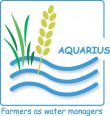
Aquarius
The farmer as water manager under changing climatic conditions
Background and Aim
Aim
Aquarius aimed to develop the farmer as water manager able to practice sustainable farming under climatic changes with due respect to environmental protection. Farmers can take an active role in the positive management of water resources through partnerships with other farmers, water boards, local and national government.
Within this overall goal Aquarius aimed to:
- Identify common and particular constraints on farmers successfully acting as water managers
- Develop innovative mixes of technical, financial, institutional approaches to integrated land-water management by farmers
- Test approaches to participation in the cooperative planning and implementation of land-water management initiatives by agencies and farmers
- Incorporate state-of-the-art research outcomes into management and policy (particularly from climatic changes, agro-ecology and governance)
- Increase the interaction between land-water stakeholders both locally and across boundaries (local, national and EU) and across sectors (e.g. land, water and recreation)
- Ensure a legacy by creating demonstration sites and stakeholder networks that will continue to encourage further innovation
Background
Across large areas of rural Europe there is an observable increase in the incidence of extremes of flows and of droughts. Intense rainfall events increase erosion and the input of nutrients and pathogens to water and low flows in drier summers hinder the ability of waters to dilute diffuse inputs with negative consequences for the ecosystem. Such changes are an additional challenge for meeting or maintaining good ecological status for water bodies in the NSR as described in the Water Framework Directive (WFD).
As a response to these problems Aquarius will focus on the implementation of sustainable, integrated, land-water management through engaging with land managers. The partnerships developed in Aquarius will contribute to a balanced implementation of European environmental related policies e.g. European Climate Change Program; the DG Agriculture Climate Action and the Common Agricultural Policy and particularly the WFD. Experiences from participation in EU projects like No Regret and AGWAPLAN will be included in this search for balanced solutions.
This project recognises farmers as key actors for the sustainable management of water and their capacity to aggravate or mitigate extreme flows, droughts and water quality. Successful integrated land-water management depends on developing inclusive partnerships and processes that facilitate the initiation, planning, negotiation, implementation, monitoring and evaluation of initiatives.
Successful land-water management partnerships, however, also depend on the existence of appropriate institutional, economic and governance arrangements. Aquarius will assess where there are barriers to farmers acting as water managers and how these may be overcome.
| PROJECT DURATION | : 2009-01-01 - 2012-06-30 |
| ERDF GRANT | : 2,733,095.00 € |
| ERDF EQUIVALENT | : 106,050.00 € |
| TOTAL ELIGIBLE BUDGET | : 5,819,690.00 € |
| LEAD BENEFICIARY | : The Danish Agricultural Advisory Service, National Centre, Denmark |
| PROJECT HOMEPAGE | : www.aquarius-nsr.eu/Aquarius.htm |
Information Hub
Tools and Planning
Summary - Technical Methods
Newsletter no. 1
Newsletter no. 2
Swedish presentation in Sevilla
Extreme Effects
Tour Notes
Factors Workshop
Main findings from Aquarius - Magazine
De vigtigste resultater fra Aquarius - magasin
The farmer as water manager - Recommendations
Aquarius Fact sheet - Delfland
Aquarius Fact sheet - Drenthe
Aquarius Fact sheet - Norway
Aquarius Fact sheet - Scotland
Aquarius Fact sheet - Sweden
Aquarius Fact sheet - Germany
Aquarius Fact sheet - Denmark
Aquarius baseline report - All partners
Final report - Drenthe
Final report - Swedish workshop June 2011
Report - Weirs on remote control
Report - Financial Methods
Report - Key Methods
Greening of the CAP - How to involve the farmers
Farmers - Motivation and Drivers
The farmers as water managers in a changed climate (diPol conference 2011)
Nature management in a climate perspective
Aquarius - Bridging the gaps between science, regulation and practice in water environment management through stakeholder involvement (CLIWAT Conference 2012)
Abstracts - SCIENCE FOR THE ENVIRONMENT - ENVIRONMENT FOR SOCIETY. October 2011. Aquarius on page 31
Conference programme - Science For The Environment. Oct. 2011
Aquarius and the precautionary principle - A legal analysis of the gaps to bridge in Aquarius in order to create win-win solutions in practice
The Lundgaard’s Creek stakeholder group - A process analysis of the gaps to bridge in order to create win-win solutions in practice
AQUARIUS - Bridging the gaps between science, regulation and practice in water environment management
Catchment based advisory in a Danish context - How to succeed
End Conference: Programme for Demonstration Tour
End Conference: Introduction
End Conference: Closing day1
End Conference: Recommendation matrix
End Conference: Results - Drought
End Conference: Results - Floods
End Conference: Results - Water
End Conference: Clustering
End Conference: Learning Session
End Conference: WaterCAP
End conference: Messages from Aquarius to the EU and national systems
Pictures from Regional Final Seminar of Aquarius and WaterSense
Dem Wasser kluge Wege ebnen! - Analysis of acceptance of measures for nitrogen reduction
List of participants - Aquarius End Conference October 2011
Final Steering Group Meeting in Hamburg 29-30 March - Agenda
Aquarius Project Handbook
Aquarius - Newsletter no.3




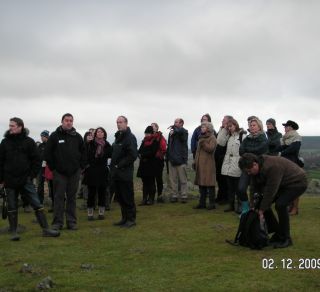
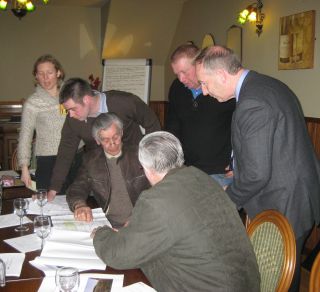
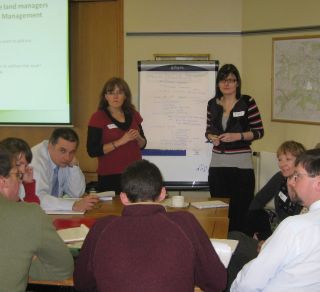
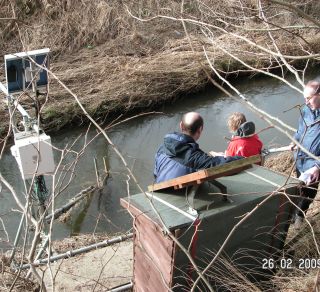
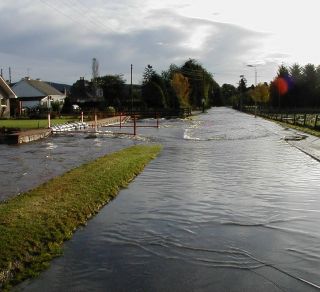
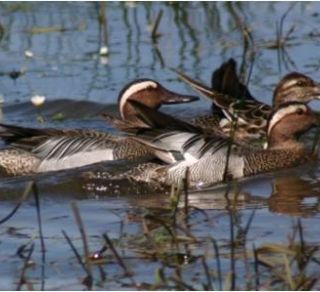
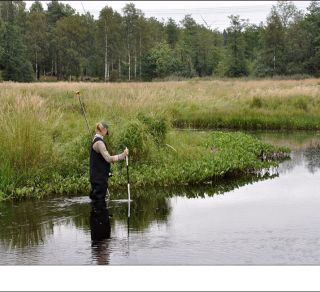
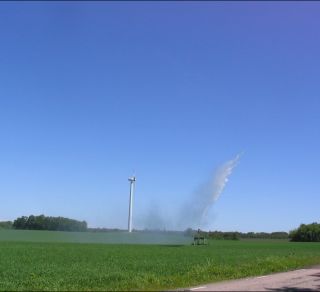
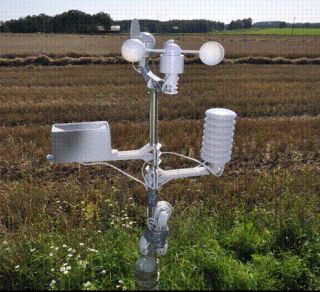
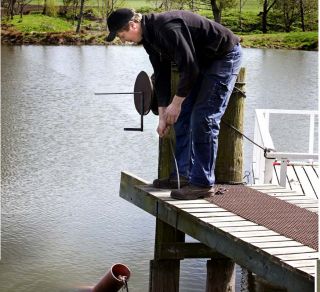
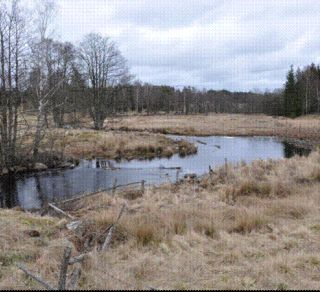
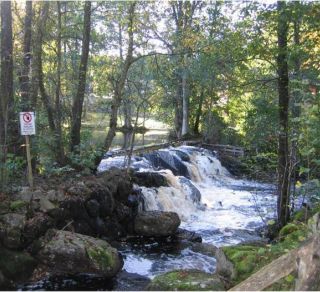
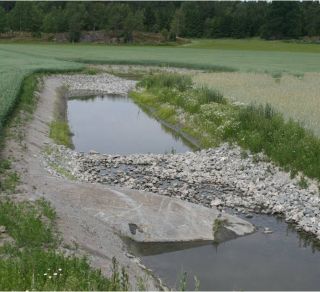
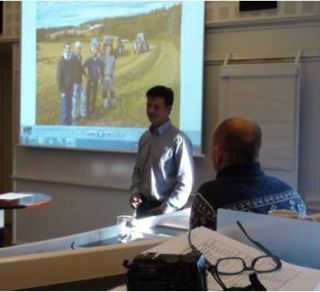
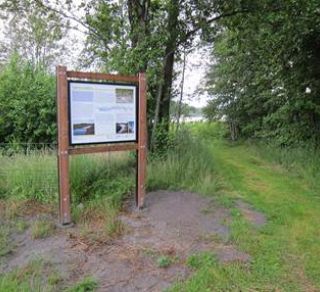
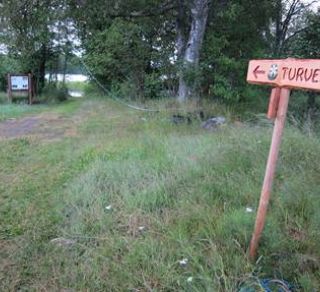
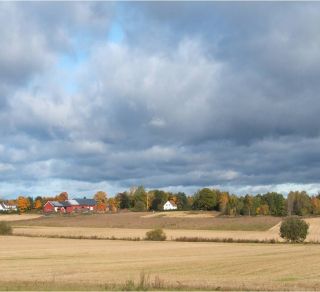
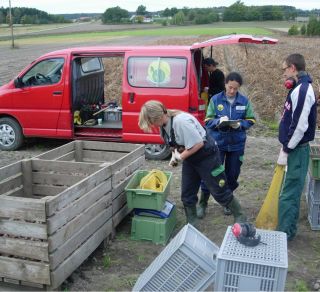

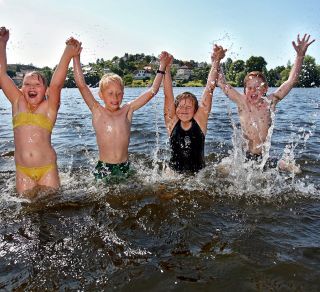
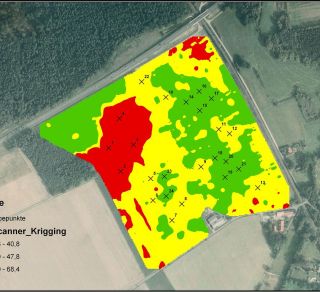
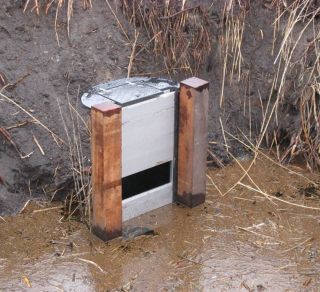
.jpg)
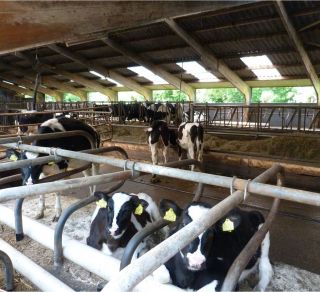
whichcanbedonebyfarmers(ecosystemservice).jpg)
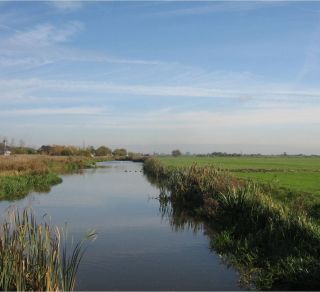
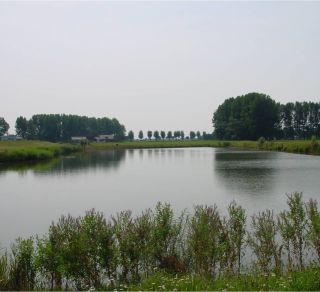
differsperiodically.jpg)
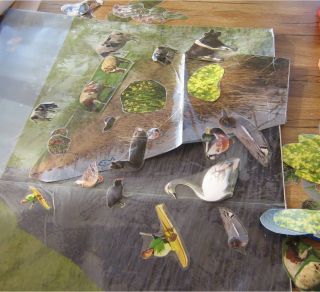
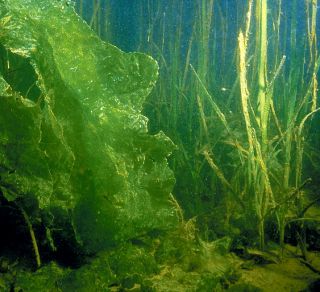
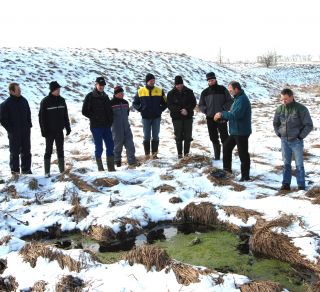
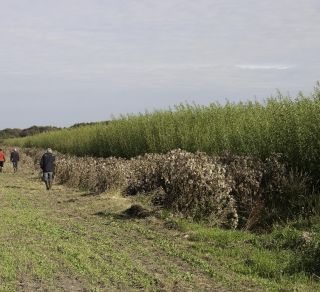

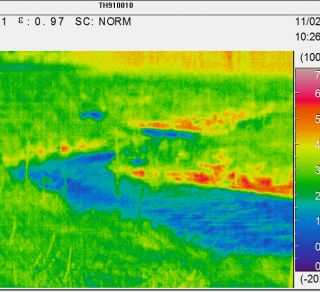


























.jpg)

whichcanbedonebyfarmers(ecosystemservice).jpg)


differsperiodically.jpg)







 THE NORTH SEA REGION PROGRAMME SECRETARIAT
THE NORTH SEA REGION PROGRAMME SECRETARIAT